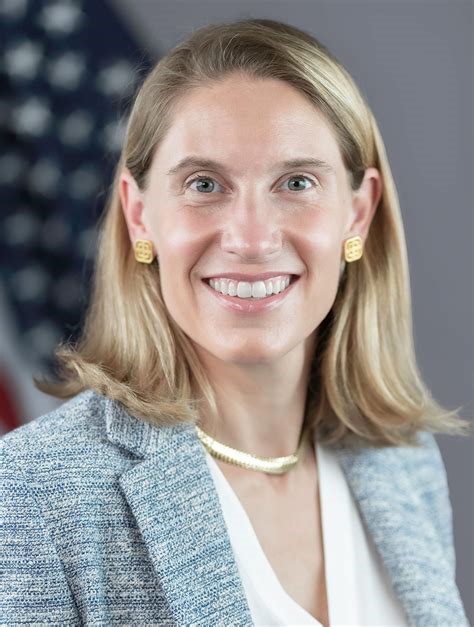A Senate committee canceled a vote that would have given the Senate the chance to confirm the reappointment of the only Democratic SEC commissioner likely to remain once President-elect Donald Trump takes office.
The Democratic-controlled Senate Committee on Banking, Housing, and Urban Affairs had rescheduled for Dec. 18 a vote that would have sent Democratic SEC commissioner Caroline Crenshaw’s nomination to the Democratic-controlled Senate for confirmation before Congress adjourned for the year Dec. 20.
That session was cancelled altogether after Republican members of the committee blocked an effort by committee chair Sherrod Brown (D-Ohio) to schedule a special off-the-floor committee vote on Crenshaw and one other Biden nominee, according to a Fox Business story posted Dec. 18.

Crenshaw was originally named to the SEC by Trump in 2020. President Joe Biden renominated her this June, and she was vetted July 11 by the Senate Banking Committee, which didn’t send her nomination to the Senate, reportedly due to conflict on the committee and political pressure over her role in Gary Gensler-era controversies related to cryptocurrency investments.
Confirmation isn’t impossible, but observers said there is almost no chance Crenshaw could be confirmed before control of the Senate reverts to Republicans in January.
Her opposition to crypto and support of controversial Gensler regulatory efforts also makes it very unlikely Trump would decide to follow Biden’s lead by nominating her for another term, they said, though SEC rules for commissioners make it likely she could retain her seat until the Trump administration is able to get a replacement confirmed.

The failure to confirm Crenshaw’s nomination leaves the Biden administration looking at a full sweep of the Democratic SEC commissioners most responsible for driving the regulatory agenda of the past three years.
Gensler has said he will resign as SEC chair and depart the agency when Trump is inaugurated on Jan. 20, rather than complete his five-year term as commissioner, which ends in April 2026.
Fellow Democratic commissioner Jaime Lizárraga also announced plans to resign his spot on the commission as of Jan. 17.
Trump has announced plans to nominate the crypto-friendly former SEC commissioner Paul Atkins to head the SEC under the new administration, but there is no clear indication who might be nominated to fill the commission’s Democratic seats. SEC rules require that no more than three of the five positions be filled by members of a single party.
Rejecting crypto resistance
Crenshaw supported many of Gensler’s regulatory initiatives, but analysts point to the SEC’s attitude toward digital assets and the political power of the $3trn crypto industry as the reason for her ouster.
Gensler took most of the heat for the conflict, but Crenshaw also made enemies among crypto fans by voting against approving Bitcoin spot ETFs and other efforts to expand crypto markets, which she called “Petri dishes of fraudulent conduct.”
The crypto industry turned the SEC’s opposition into a major conflict zone for Gensler and a major political weak point for Democrats in Congress.
Brian Armstrong, CEO of Coinbase, helped muster opposition to Crenshaw’s appointment last week, suggesting in a post on X that her opposition to crypto made her a “failure as an SEC Commissioner and should be voted out.”
Political analysts give the crypto industry much of the credit for Brown’s loss of his Senate seat to a Republican challenger riding high on pro-crypto campaign donations and support from crypto investors.
Under Gensler the SEC has consistently been “very negative” about digital assets, Mike Belshe, CEO of institutional crypto platform company BitGo, told Reuters. “We’re looking forward to unlocking that gridlock” under the new administration, he said.
Industry presses for post-Gensler changes at SEC
Republicans grill Crenshaw on reappointment as SEC commissioner
SEC swears in Uyeda, gets new top judge, small-business advocate
Uyeda waits for confirmation of his second appointment as SEC commissioner
Nominees for SEC Commissioner head to full Senate for confirmation
